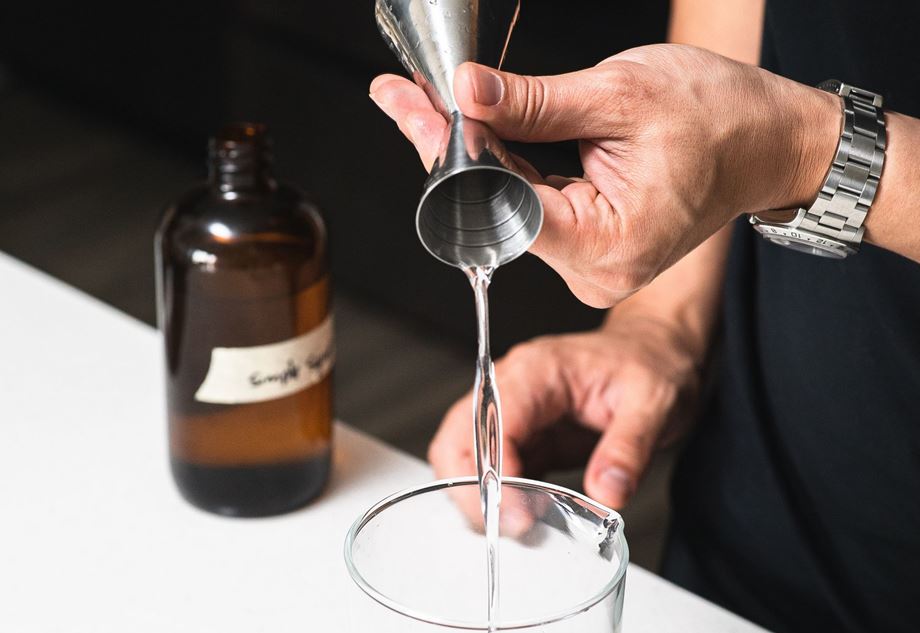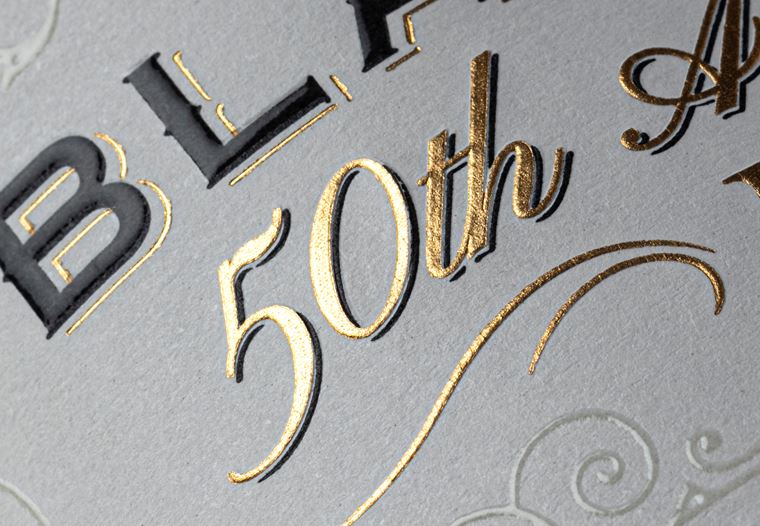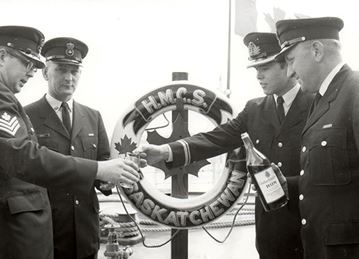

Tales of the Tot
COCKTAIL CORNER: HOW TO MAKE SUGAR SYRUP

From time to time, we get sent questions here at Black Tot about how to make some of your favourite rum cocktails. And while we heartily recommend asking your local bartender for the answers, we thought we’d start putting the answers to some of the more common cocktail FAQs here on the site as a reference for anyone running a home bar operation or that might be curious about making drinks at home. Got a cocktail question? Send it over to [email protected] and we’ll do our best to answer for you.
Q - How do you make sugar syrup?
There is one tool you’ll find in every cocktail bar that is essential if you want to make cocktails quickly and efficiently at home or at a bar - sugar syrup.
Most of the sugar syrup you find in bars will be either a 1:1 or 2:1 white sugar syrup. What do these ratios mean? 1:1 just means equal parts sugar to water, and 2:1 means two parts sugar to one part water (creating a thicker, more sugar-rich syrup). The advantage with a thicker 2:1 ratio syrup is that there is less water to dilute the drink, has a better viscosity/texture in your cocktail) and you should be able to use less syrup each time to achieve the desired sugar content added to your drink. The advantage with a 1:1 syrup is that it is faster to pour, and therefore quicker during a busy service often to work with. Try both and decide for yourself!
Now how do you actually make sugar syrup? It’s super easy - take your equal parts sugar and water (or two parts sugar to one part water) and stir them together until the sugar is dissolved. That’s it! Some people prefer to use warm water so the sugar melts faster, but there’s an argument that warm water does not keep as well over time. I find cold water is perfect as long as you throw the whole thing into a blender or a nutribullet and blitz the water and sugar together - the whole thing will be ready in a few seconds, and will keep in the fridge for 2-4 weeks (though I must admit I prefer the idea of making a smaller ‘fresh’ batch as and when needed). Put in a glass bottle that you can seal and then pop a speed pourer in when you’re ready to use. Bear in mind that 2:1 sugar syrup will be very hard and slow to pour once refrigerated, so you may not be able to use a speed pourer with that one after unless you let it come back up to room temperature first.
The next question is - what type of sugar should you use? The first thing you need to look for is that your sugar is made from sugar cane - if it doesn’t say ‘cane’ somewhere on the packet, then chances are it’s been made from sugar beets (turnip-like roots grown in Europe that can be used to make sugar). So why does it matter whether its cane or beet? Well, rum lover, while there are molasses made through sugar beet production, they cannot legally be used in the production of rum. As all rum must be made with byproducts of sugarcane only, its important we support the sugar industries so that more molasses gets made! Most supermarkets will carry some version of the list below
- white sugar (not from sugarcane - don’t buy this one if you want more rum!)
- White Cane Sugar (refined sugar, usually granulated/crystals, with all the molasses stripped out)
- Powdered sugar (fine refined sugar, usually used for confectionary, not as useful for our sugar syrup making)
- Turbinado / Raw Cane Sugar (lightly processed, a little molasses left in for colour and flavour)
- Demerara Sugar (depending on the country this can either be the same as Turbinado /Raw Cane or sometimes it might have a little more molasses left in for a richer flavour)
- Light or Brown ‘soft’ sugar (these sugars are not crystallised, often having a sand-like consistency with the flavour & colour suggesting that more molasses have been left in, ranging in flavour from a Demerara or Muscovado).
- Muscovado sugar (unrefined cane sugar - with a lot of molasses left in)
Now we have our most common list of sugar types, which should you use for your syrup? Most bars will use white cane sugar - it’s clean, doesn’t add a lot of extra molasses notes to drinks, and is generally considered best for lighter style cocktails like a Daiquiri. However, as soon as you go to a good rum bar, you’re far more likely to discover at least two types of sugar syrup, if not more. Turbinado or Raw Sugar syrup makes a delicious rich syrup which has much more flavour than a white sugar syrup (and is my personal preference for a Daiquiri). Demerara or Muscovado syrup makes an incredibly rich and potent Molasses heavy syrup that can be perfect for some of the richer tropical cocktails (but similarly might overpower a Daiquiri, depending on the type of rum you choose).
As with anything, the best way to find your preference is to test them for yourself, and see how they respond when working with different rums. When I make drinks with Black Tot Finest Caribbean for example, I find that white sugar often gets washed out by the heavier flavours in the rum, so a raw sugar is the lightest I’ll go for. For a rum old fashioned again, a raw or Demerara sugar syrup can be absolutely delicious (again depending on the type of rum you choose). I always like my sugar to complement the flavours in the drink I’m making, but not overpower it. You may have to go through quite a few cocktails before you find your preferences, but this is the nature of thorough research.
Talking of thorough research, the infamous Beachbum Berry spent months researching the perfect combination of ingredients for a Daiquiri (a quest we fully support here). With rum, lime, and sugar being the only three ingredients, most people pay all their attention to the rum, perhaps they make sure they use fresh limes (please, don’t use anything that comes in a plastic lime container from a store) and then the sugar is often an afterthought, with plain white sugar often being the obvious choice. Beachbum worked out that using a 4:1 sugar blend of 4 parts white cane sugar to 1 part turbinado/raw cane sugar gave the perfect ratio of clean sugar with a little hint of molasses for a daiquiri. What’s more, he actually prefers to add his sugar straight into the drink where possible (not with a sugar syrup). If you do this, just make sure you dissolve the sugar into the lime juice first and then add the rum, as sugar doesn’t dissolve into alcohol very easily.
For the home bartender, you may argue that you don’t make enough cocktails to warrant making batches of sugar syrup - and that’s ok too. Especially if you start experimenting with multiple sugar types, you probably don’t want to fill your entire fridge with a variety of syrup bottles! Or like Beachbum Berry above, you may prefer to just put the actual sugar into the drink and dilute it there and then - by not introducing any extra water into the drink through the syrup, you’re allowing all the dilution to come through the ice introduced at the shake/stir stage, giving you full control. I find texturally, putting the sugar straight in rather than via a syrup, seems to have a more distinct flavour and a better mouthfeel on the final drink. From time to time you might even get a little of the sugar still undissolved in the final drink - depending on the person this can be a beautiful thing (while others might hate it!). Your personal preferences and palate are all that matters in the end.
Whatever you choose, hopefully you start to look at the type of sugar in your drink with the same level of attention that you’d pay to the rum or spirit you choose to mix it with. And if you do find yourself making multiple rounds of different cocktails for people, having some sugar syrup on hand is definitely a tool you’ll want to have in your arsenal!




